Opioid drugs or opioid painkillers are powerful prescription medications used to treat chronic and acute pain conditions. While highly effective when used as directed, opioid drugs have several potentially harmful effects, and their use can lead to addiction. In addition to prescription pain medications, opioids are also found as illicit drugs like heroin. Whether an opioid is used for medical needs or recreationally, the use of an opioid drug changes how the brain works and communicates with the rest of your body.
How Do Opioids Affect the Brain?
Opioids work within the brain to block pain signals received from elsewhere in the body. The drug itself affects the ability of pain signals to reach specific areas of the brain by attaching to the opioid receptors. Opioid receptors are responsible for telling the body that there is pain and how to address it adequately. Opioids help these neurotransmitters “trick” your body into not feeling pain but rather a sense of calm and relaxation.
Opioids also affect other structures in the brain, including the frontal lobe. The frontal lobe is responsible for memory, attention, and other actions referred to as executive functions. Many of these functions carried out by the frontal lobe are crucial to day-to-day functioning. When opioid addiction is left untreated, chronic opioid use can damage the frontal lobe or, at the very least, impair its function.
Unfortunately, research has not found an explanation as to how opioids damage the frontal lobe. However, science does understand that chronic opioid use can lead to several problems with frontal lobe activity. Some of the most common effects stemming from frontal lobe damage include poor judgment, difficulties concentrating, problems with speech and language, inadequate planning and problem-solving skills, memory problems, and problems with movement.
Why Are Opioids Addictive?
Opioids reduce pain, but they also change how the brain releases the chemical dopamine. Dopamine is a naturally occurring chemical in the body responsible for relieving pain and increasing pleasure. When you take an opioid drug, the brain and body are flooded with far more dopamine than the brain can produce under normal circumstances.
Opioids become addictive because the brain seeks to repeat these feelings again. However, it cannot achieve the same dopamine rush without the aid of opioids. With continued use, the brain relies on the presence of an opioid as a primary source of pleasure.
What are the Signs of Opioid Withdrawal?
When someone develops a dependence on opioid drugs, they will experience withdrawal symptoms when they try to reduce or stop using their substance of choice. Withdrawal symptoms from prescription and illicit opioids are often quick to follow your last dose. The withdrawal symptoms accompanying opioid detox can be painful, unpleasant, and sometimes dangerous or fatal. Because overcoming opioid addiction can be a challenge, it is vital to seek help to recover from opioid addiction at a Michigan rehab center like Liberty House Recovery Center, where medically assisted detox is available.
Withdrawal symptoms are an inevitable part of detoxing from opioids, and their potential dangers should not be ignored. Detox from any opioid is best managed at a detox program with medical support. The onset of withdrawal symptoms and the specific symptoms you experience will vary depending on the substance (or substances) used. In some cases, withdrawal symptoms may occur within six hours of your last dose.
The most common opioid withdrawal symptoms include body aches, anxiety, sweating, nausea, vomiting, agitation, sleeping difficulties, and stomach issues. In more severe cases, symptoms including irregular heartbeat, difficulty breathing, and seizures may occur.
The more severe withdrawal symptoms, which are unpredictable, highlight the need for medically supported opioid detox. Unfortunately, those who attempt detox “cold turkey” often find they are unsuccessful when withdrawal symptoms become too complex to manage. At a Michigan medically assisted detox program or MAT program like Liberty House Recovery Center, medical professionals are here to support you during the detox process, including helping with symptom management. Detox is often a complicated process, but it is the first essential step on the journey to sobriety.
How to Find Comprehensive Opioid Detox Programs
A comprehensive opioid detox program is just a phone call away. At Liberty House Recovery Center, our Michigan addiction treatment programs can help you safely put struggles with opioid addiction in the past. Our experienced, skilled team of medical and mental health providers is here to help you through each stage of your opioid addiction recovery. Don’t let opioid addiction steal another day. Contact us today to learn more about opioid detox, treatment, and aftercare at Liberty House Recovery Center.


